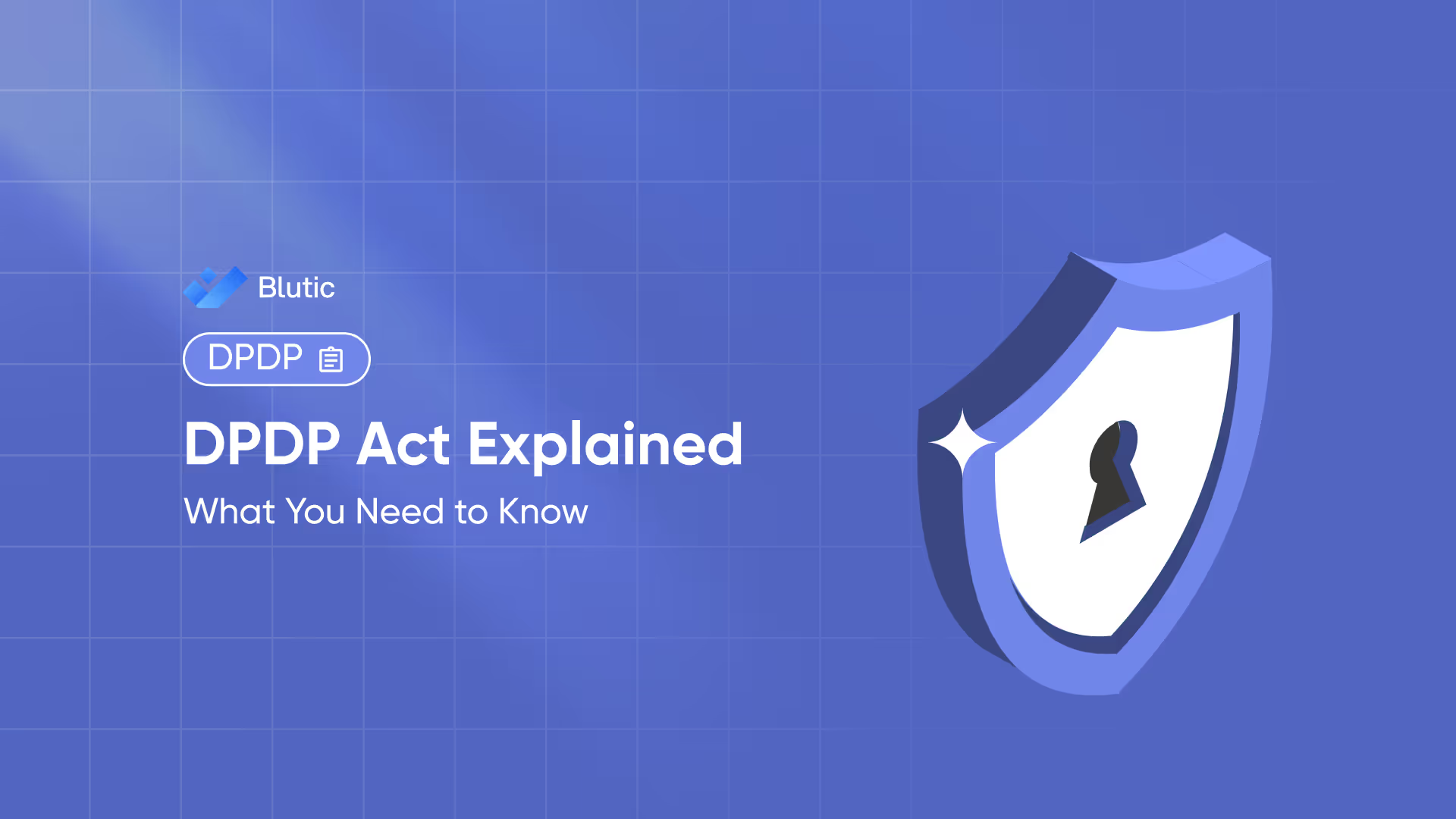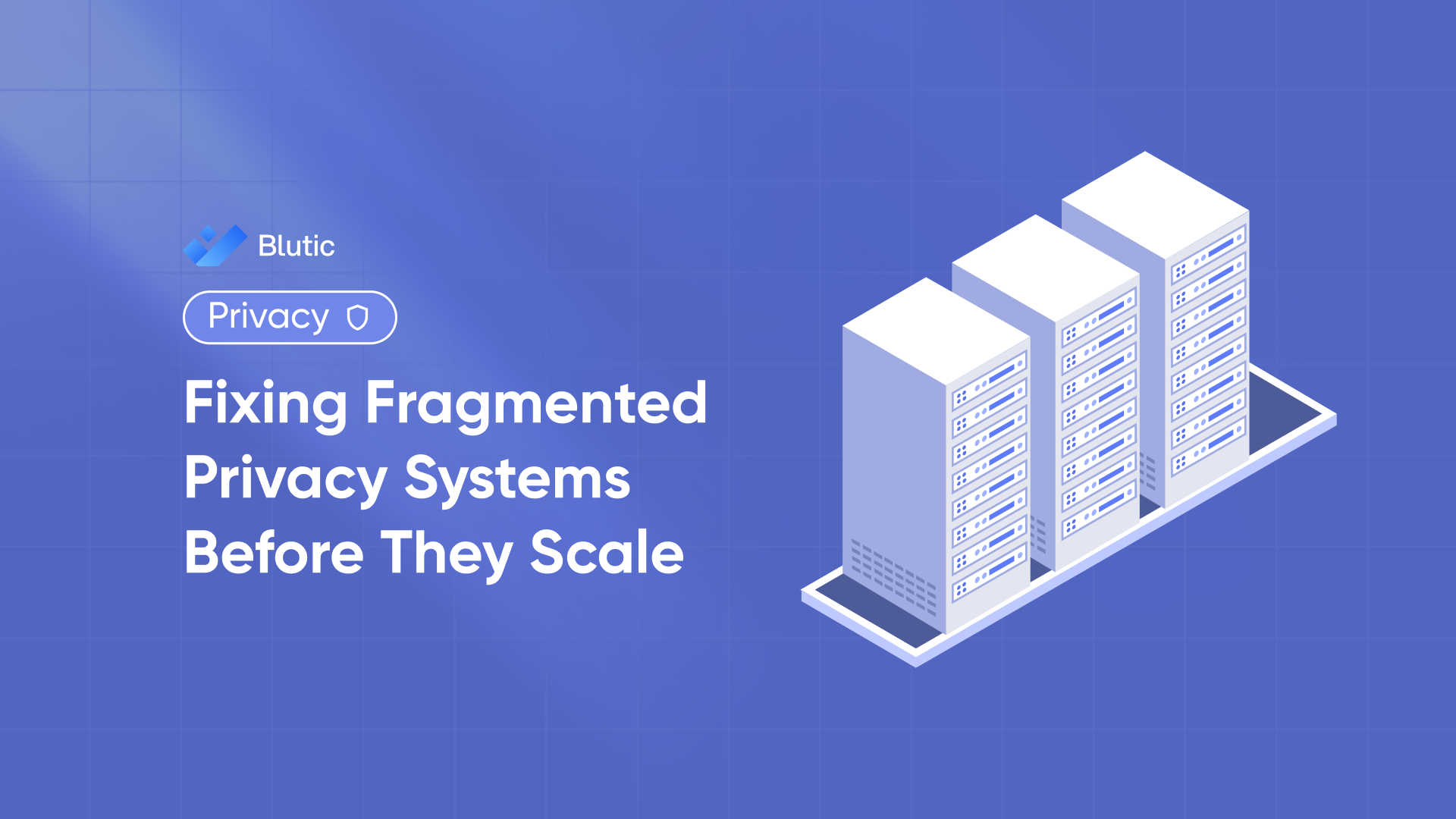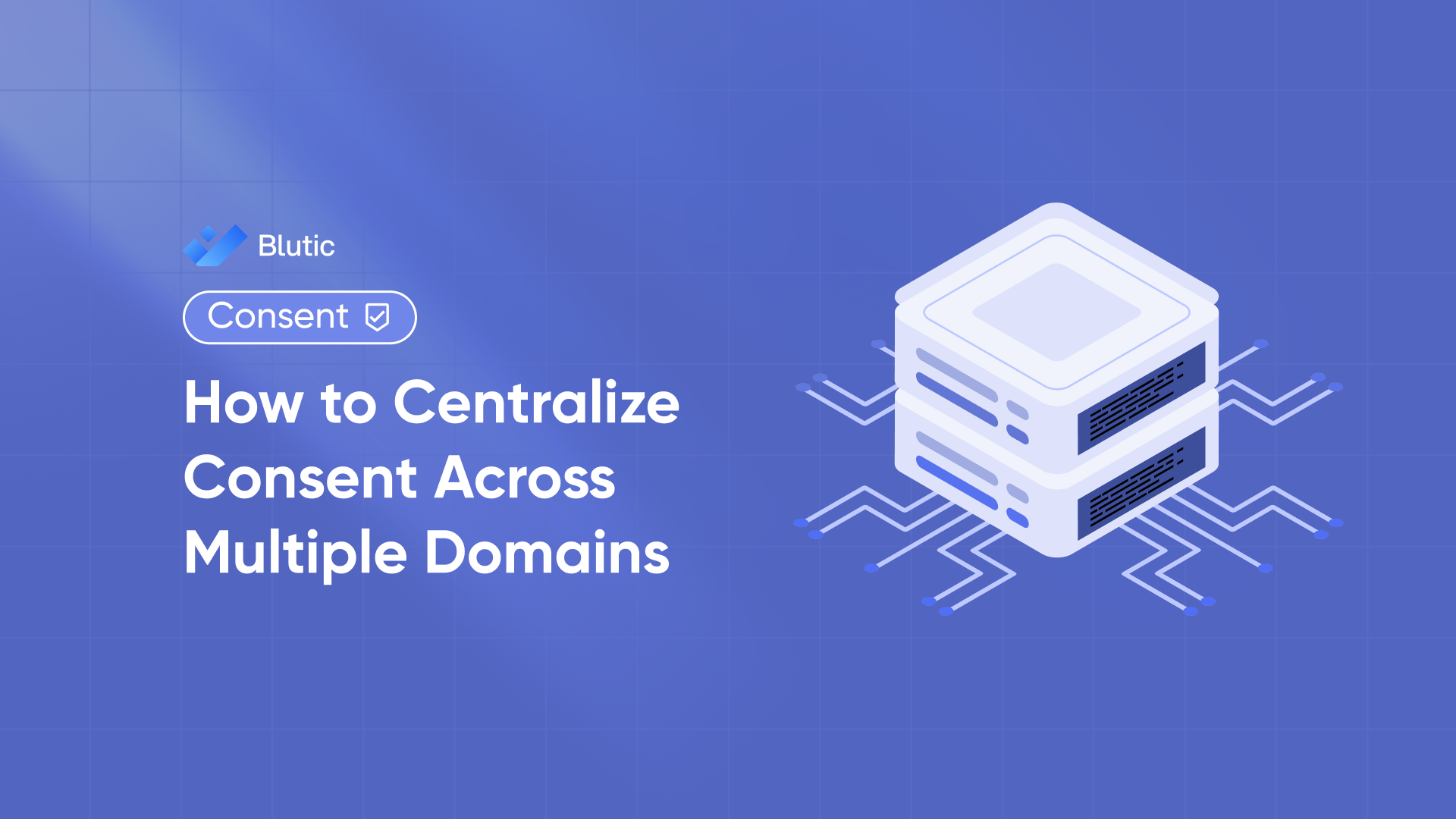DPDP Act Explained: What You Need to Know

What Is the DPDP Act 2023?
The Digital Personal Data Protection (DPDP)Act 2023 is India’s first comprehensive data protection law aimed at safeguarding the personal data of individuals (called data principals).It establishes clear rules for how organizations called data fiduciaries must collect, store, process, share, and protect personal data.
This law aligns India with global data privacy frameworks like the EU’s GDPR, setting the foundation for a secure and privacy-respecting digital ecosystem.
Key Provisions of the DPDP Act
Here are the core elements businesses need to know:
- Consent-First Approach: Organizations must collect and process personal data only with explicit, informed user consent.
- Purpose Limitation: Data must only be used for the purpose it was collected for, and nothing else.
- Data Minimization: Collect only the minimum data required for a task or service.
- Rights of Data Principals: Users get rights to access, correct, delete, and port their data.
- Data Breach Notification: Any data breach must be reported promptly to the Data Protection Board.
- Cross-Border Transfers: Transfers of personal data outside India are allowed only to government-notified countries.
- Data Protection Officer (DPO): Significant data fiduciaries must appoint a DPO to oversee compliance.
Penalties for Non-Compliance
The DPDP Act introduces hefty financial penalties to ensure strict adherence:
Non-compliance can also lead to reputational damage, loss of customer trust, and regulatory restrictions.
Who Must Comply With the DPDP Act?
- All Indian companies, startups, and organizations that process personal data digitally.
- Foreign businesses offering goods or services to Indian users.
- Entities that handle large-scale or sensitive personal data, which may be classified as Significant Data Fiduciaries
If your business collects names, emails, phone numbers, biometrics, financial data, or any personally identifiable information (PII), this law applies to you.
Steps to Become DPDP-Compliant
To comply with the DPDP Act, businesses should:
- Audit Data Flows: Identify what personal data is collected, where it’s stored, and who can accessit.
- Implement Consent Mechanisms: Capture and record explicit user consent before processing data.
- Update Privacy Policies: Clearly state what data is collected, why, and for how long it will be stored.
- Strengthen Security Controls: Use encryption, access controls, and regular security audits to prevent breaches.
- Set Up Data Principal Rights Processes: Create workflows to handle user requests for access, correction, and deletion.
- Appoint a DPO (if required): For significant data fiduciaries, assign a DPO to ensure compliance and handle grievances.
- Train Your Teams: Conduct regular awareness sessions on DPDP obligations and safe data handling.
Why DPDP Compliance Matters
- Builds user trust through transparent and responsible data practices
- Prevents costly penalties and legal disputes
- Gives competitive edge as consumers increasingly choose privacy-respecting brands
- Future-proofs your business for evolving privacy regulations globally
Frequently Asked Questions
The DPDP Act is India’s new data protection law that governs how businesses must collect, use, and protect personal data of individuals.
The Data Protection Board of India (DPB) will oversee enforcement, inquiries, and penalties.
Yes. Any business that collects or processes personal data of Indian users must comply, regardless of size.
Any data that can identify a person like name, email, phone number, Aadhaar details, financial or biometric data.
Valid consent must be free, informed, specific, and given through a clear affirmative action. It must also be easy to withdraw.




.svg)
